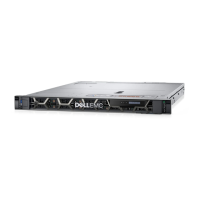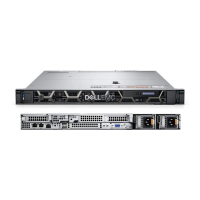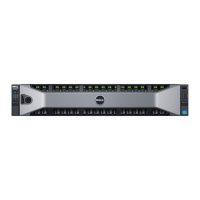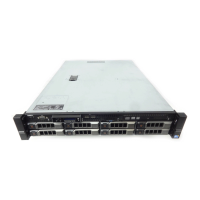Dell
48
PowerEdge R415 Technical Guide
Figure 20. R415 Static Rails
One key factor in selecting the proper rails is identifying the type of rack in which they will be installed.
Both the sliding rails and the static rails support mounting in 19‖-wide, EIA-310-E compliant 4-post racks,
but only the static rails support mounting in 2-post (Telco) racks.
Table 18 provides a summary of the rack types supported by the R415 rails.
Table 18. Supported Racks
*Requires the 1U Threaded Rack Adapter Brackets Kit (Dell PN 8Y19G)
Screws are not included in the static rail kit since the threaded racks are offered with a variety of thread
designations. Users must provide their own screws when mounting the static rails in threaded or 2-post
racks.
Other factors to consider in rail selection include the spacing between the front and rear mounting flanges
of the rack, the type and location of any equipment mounted in the back of the rack such as power
distribution units (PDUs), and the overall depth of the rack. See Table 19.
Due to their reduced complexity and lack of need for CMA support, the static rails offer a greater
adjustability range and an overall smaller footprint than the sliding rails.
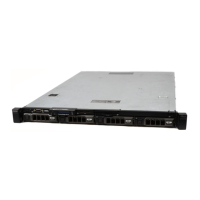
